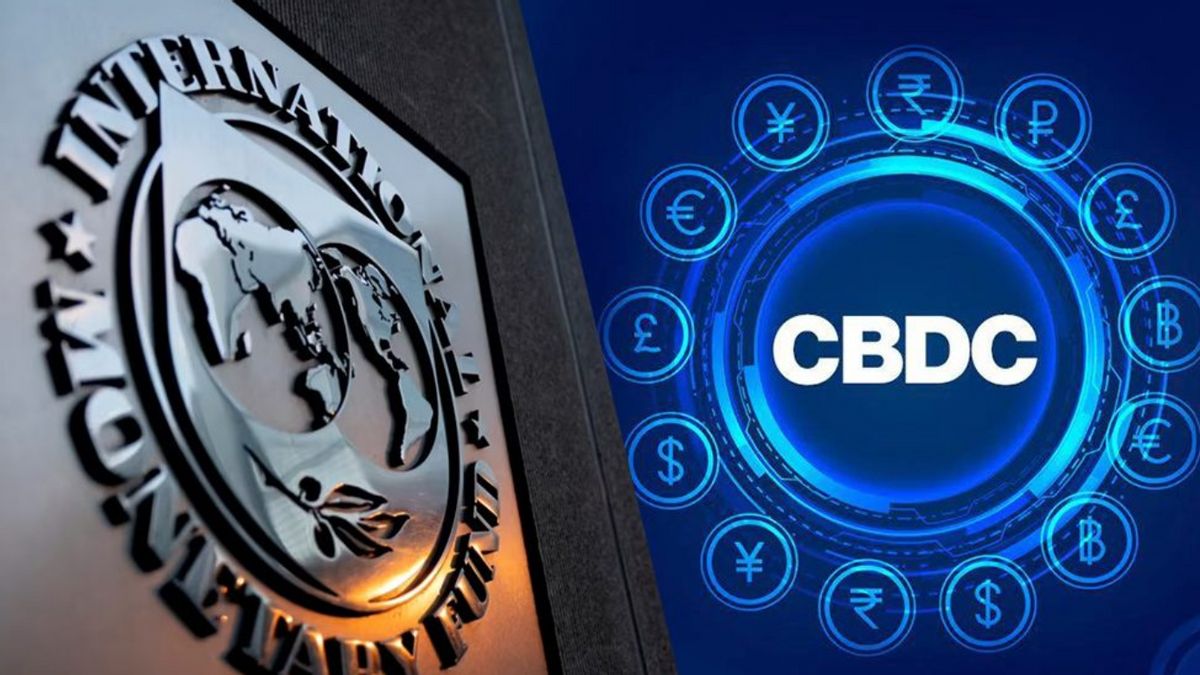JAKARTA - The International Monetary Fund Organization (IMF) recently proposed that digital money could play an important role in improving financial inclusion and improving the quality of financial services in remote and scattered countries along the Pacific Ocean.
In a report published on March 25, senior IMF economists evaluated the potential impact of private stablecoins and central bank digital currencies (CBDCs) on the economies of Pacific Islands countries. The report notes that limited and uneven access to financial services in these countries has contributed to sustainable poverty and inequality.
These countries rely heavily on remittance flows, making them vulnerable to reduced banking relations of the correspondent. The IMF believes that embracing the digital money revolution could open some of the benefits to Pacific Islands countries.
By developing a tough payment system, expanding financial inclusion, and reducing the loss of correspondent banking relations, these countries could pave the way for economic growth and stability.
The report is dominantly focused on CBDCs, which are strongly supported by the IMF, but also recognizes the potential for private stablecoins supported by foreign currencies. The IMF recommends that smaller Pacific Islands countries not issue their own stablecoins of sovereignty due to limited surveillance capacities.
SEE ALSO:
For Pacific Islands countries with existing national currencies and mature banking systems, the IMF recommends a two-tier CBDC model, in which the central bank issues a digital currency but delegates its operations to private intermediaries.
Currently, no Pacific Island country is officially using private cryptocurrencies or stablecoins, with just a few, such as Fiji, Palau, Solomon Islands, and Vanuatu, exploring the CBDC concept.
The IMF remains the pioneer of international advocacy for the implementation of CBDC. Its managing director, KristalinaELova, has stressed the CBDC's potential to replace cash and co-exist with private money, a safe and cost-effective alternative.
According to a CBDC Atlantic Council tracker, 130 countries, representing 98% of global GDPs, are currently exploring CBDCs, while 19 of the G20 countries are in the advanced stages of developing their CBDCs.
In total, 11 countries have launched CBDCs, which include China, the Bahamas, Nigeria, Anguilla, Jamaica, and seven Eastern Caribbean countries. It should be noted that the United States is among the few countries that do not yet have a confirmed plan to launch digital currencies.
However, the country is still progressing in the development of wholesale CBDCs (banks to banks). In addition, some lawmakers in the US firmly oppose CBDC due to privacy concerns. Florida Governor Ron DeSantis, who is now a presidential candidate from the Republican Party, signed a law last year banning CBDCs.
The English, Chinese, Japanese, Arabic, and French versions are automatically generated by the AI. So there may still be inaccuracies in translating, please always see Indonesian as our main language. (system supported by DigitalSiber.id)











